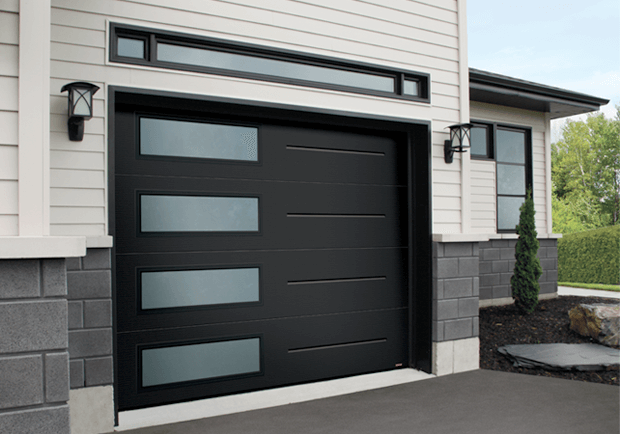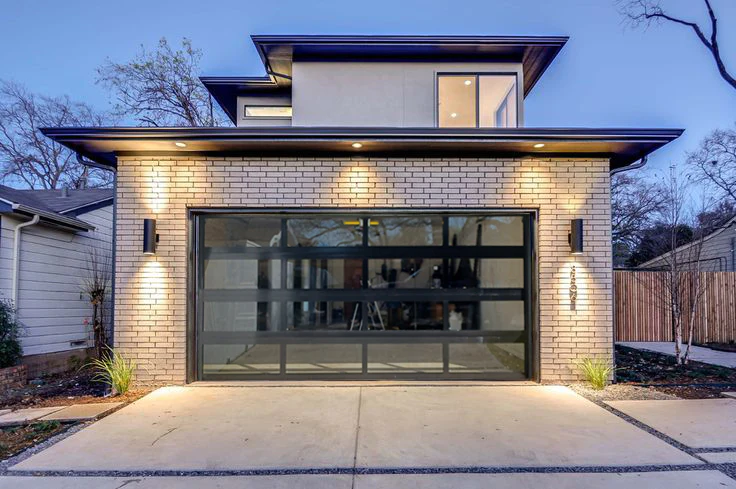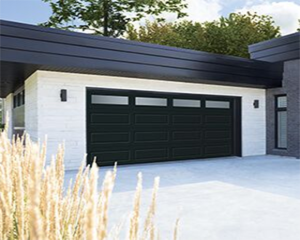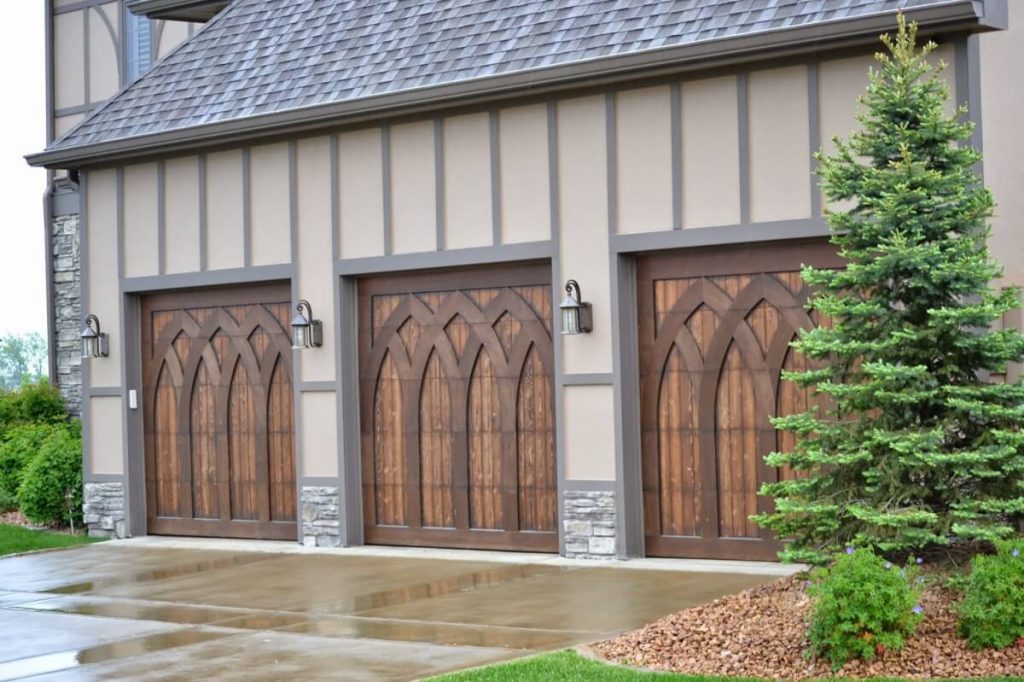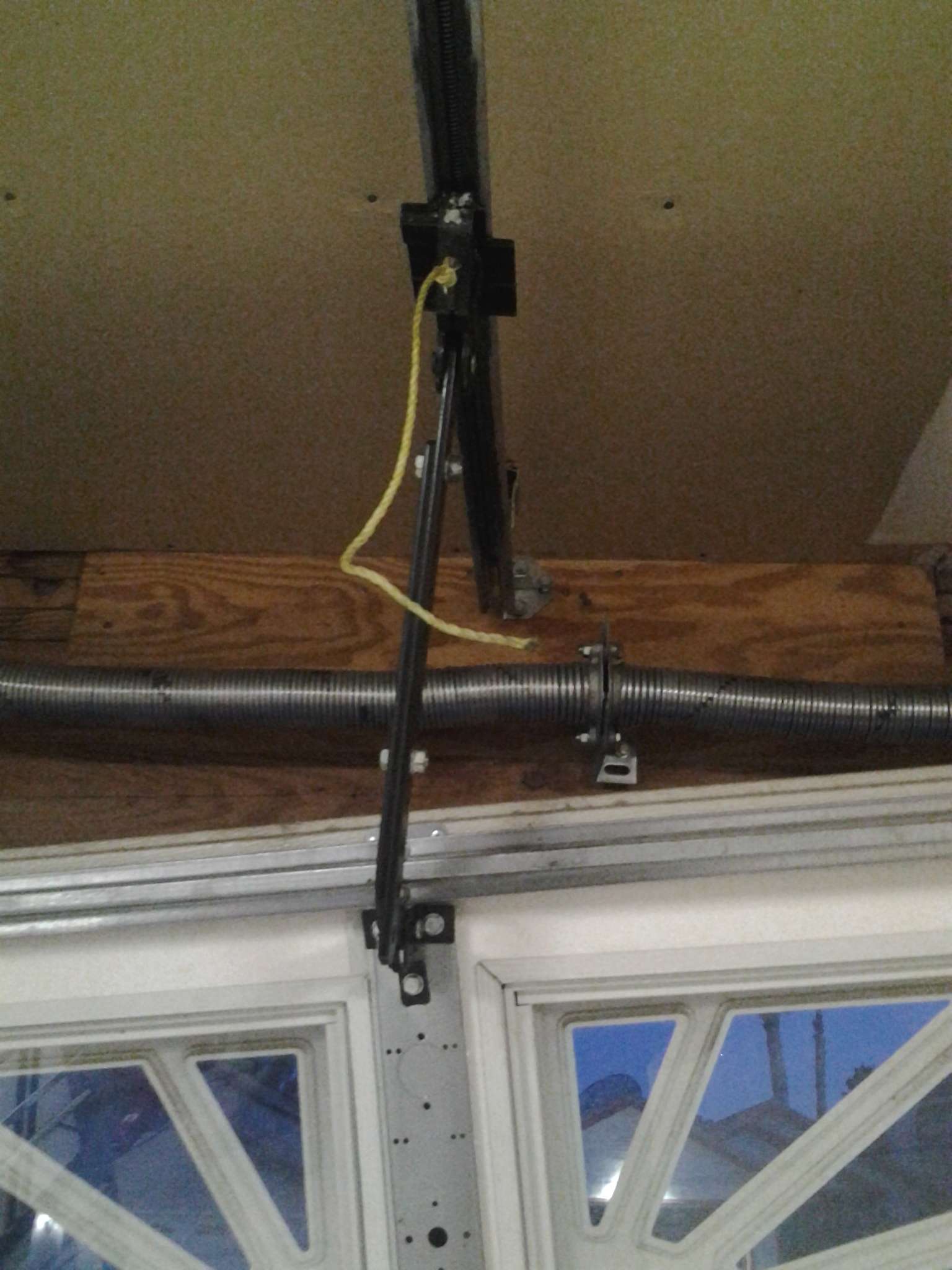Garage doors are one of the most utilized entryways in a residential home, making them vulnerable to everyday wear and tear. Due to this, functional problems are likely to occur, particularly during the summer season when power outages are frequent. In Nevada, homeowners often experience these types of issues. Below are the most common reasons why overhead doors may fail to open or close:
- Blocked, Dirty, or Misaligned Sensor: The sensor has been a safety feature in most garage doors since the early 1990s. If the garage door stops halfway or won’t close, it could be due to a blocked or misaligned sensor consisting of two pieces that align face-to-face across each side of the door.
- Lack of Power Connection: A garage door may fail to open or close due to a lack of power connection. This could be because of an unplugged power cord or severe issues like blown fuses or circuit breakers that prevent the operator from receiving power.
- Expired Transmitter Batteries: If the remote activation fails to open the garage door, the issue could result from a dead battery in the remote transmitter.
- Broken Garage Door Torsion or Extension Springs: Broken springs are the most common cause of a garage door that refuses to open even when the motor is still running. These assemblies are guided by torsion or extension springs prone to snap abruptly during door activation.
- Snapped Cables: The cables aligning with each tension spring are responsible for lifting and lowering the garage door. If these cables snap, the door could fall to the ground, causing significant damage and potential injury.
- Misadjusted Sensitivity: If your garage door doesn’t close, the sensitivity settings may be misadjusted, which can happen on newly installed garage doors or if the opener is set to a factory setting that doesn’t suit your door.
- Blocked Remote Signal: If the garage door doesn’t open when you press the remote, something might be obstructing the signal, or you might be out of range.
- Misadjusted Limit Setting: If the garage door closes only to rise back up, the limit set on the opener may be misadjusted.
- Misaligned Door Track: The metal tracks must be straight and even on both sides to keep the door aligned. If either track becomes slightly misaligned, it can slow the door’s movement and cause further stress on the system.
- Obstructions: If a door reverses upon closing, there could be something in the way that poses an obstruction.
- The motor has been deactivated: If the door appears stuck, it may be due to a disconnected motor.
- Lock mode has been inadvertently activated: Holding down the button on your keypad for too long will activate the lock mode, which prevents the door from opening.
- The door has been locked manually: If you hear the motor running but the door doesn’t move, you may have manually locked it.
- Stripped gear in the opener: Over time, the stress of daily use can wear down the gears in the opener.
- The keypad is out of sync: If the remote works but the keypad doesn’t, try resetting the code following the user’s manual or a troubleshooting guide.
Remember that other issues, such as damaged tracks or disconnected switches, can also cause garage doors to malfunction. If you’re unsure about how to proceed, it’s best to contact a professional garage door service for assistance.


